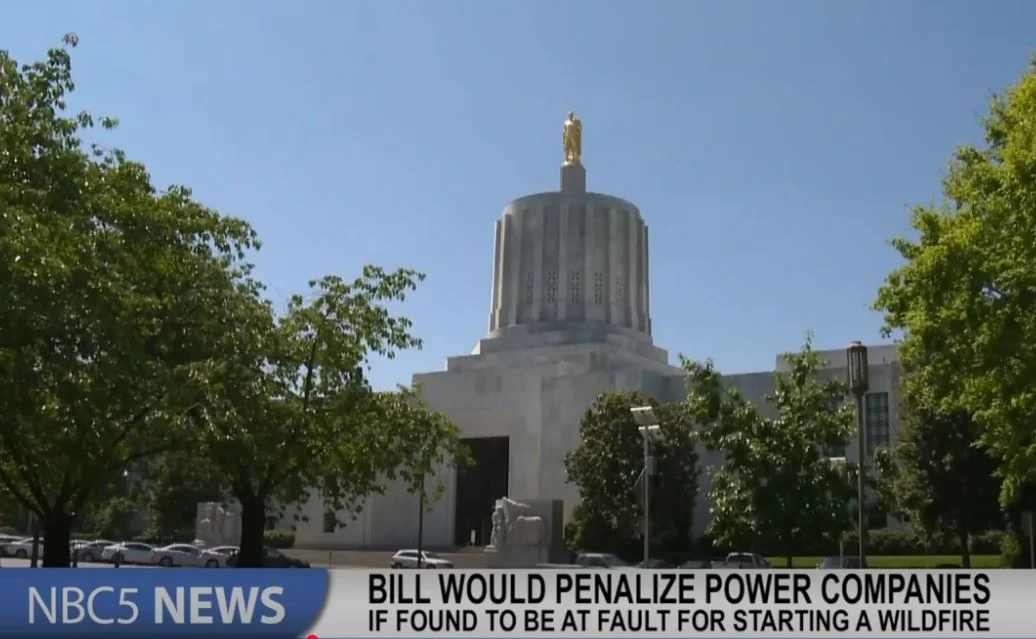Shocking Penalties: Oregon's Bold Move to Hold Power Companies Accountable

In a bold move to hold power companies accountable, Salem is considering landmark legislation that could dramatically reshape wildfire liability in Oregon. Senate Bill 926 proposes stringent penalties for electric companies found responsible for devastating wildfires, introducing a groundbreaking approach to protecting communities from potential corporate negligence.
The proposed bill would implement a strict financial deterrent by prohibiting private electric utilities from recovering lawsuit expenses if they are legally determined to have been at fault in initiating a wildfire. This legislative approach aims to incentivize power companies to maintain rigorous safety standards and proactively prevent potential fire risks.
Spearheaded by Ashland's Democratic State Senator Jeff Golden, the bill represents a significant step toward ensuring that utility companies bear the full responsibility for their actions and prioritize public safety. By creating substantial financial consequences for negligence, lawmakers hope to reduce the likelihood of preventable wildfires that can cause extensive environmental and economic damage.
As Oregon continues to face increasing wildfire risks, this proposed legislation signals a proactive stance in protecting communities and holding utility providers to the highest standards of operational responsibility.
